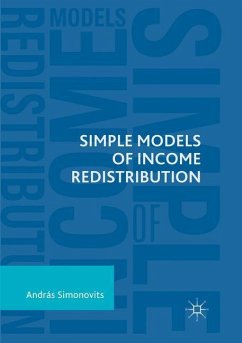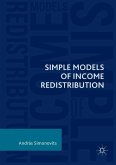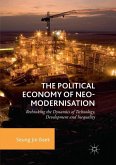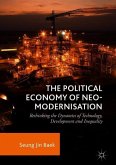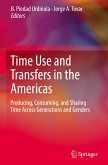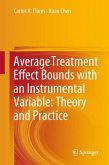The rising role of intra- and intergenerational transfers (e.g. basic income, child benefit and public pensions) characterises modern economies, yet most models depicting these transfers are too sophisticated for a wider but mathematically trained audience. This book presents simple models to fill the gap. The author considers a benevolent government maximizing social welfare by anticipating citizens' shortsighted reaction to the transfer rules. The resulting income redistribution is analyzed for low tax morale, strong labor disutility and heterogeneous life expectancy. Key issues that the book addresses include the socially optimal pension contribution rate, retirement age, and redistribution programs. The author concludes by removing some strong restrictions and introducing median voter, incomplete information and dynamic complications.
The book will be of value for graduate students and researchers interested in public economics, especially in public and privatepensions.
The book will be of value for graduate students and researchers interested in public economics, especially in public and privatepensions.
"The target readership is students and researchers interested in redistribution and transfers. ... the emphasis is on economic intuition and on understanding the logic of transfer systems. This feature makes the book an especially useful companion resource for the intermediate and advanced undergraduate or Master's level study of labour economics. At a doctorate or post-doctorate level the book provides a helpful background reading on construction of simple baseline models." (Nigar Hashimzade, Mathematical Reviews, August, 2020)

